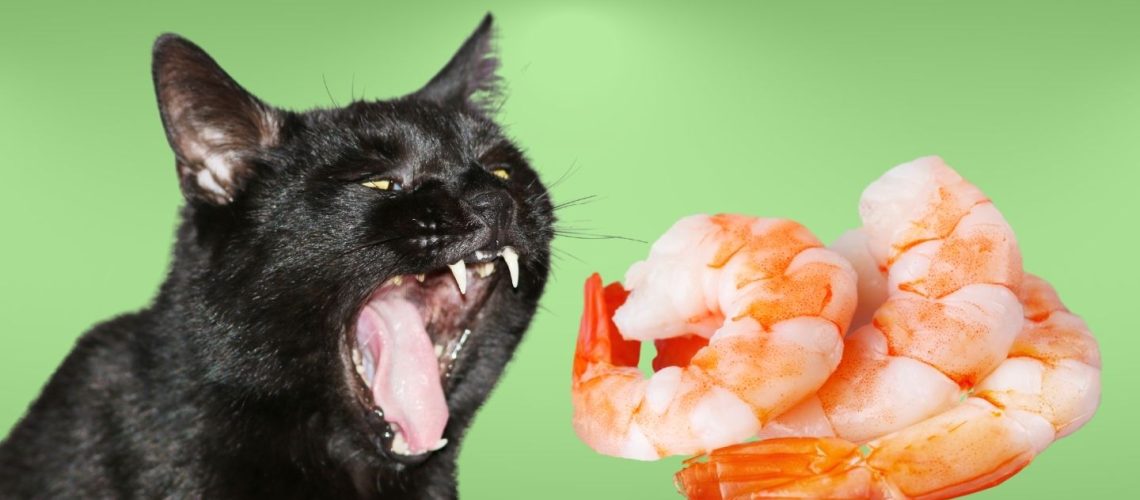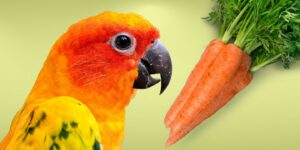Yes, cats can eat shrimp. However, it should only be given to them in moderation and as an occasional treat, not as a regular part of their diet. Shrimp is high in protein and can be a good source of nutrition for cats, but it should not be the main source of protein in their diet.
Nutritional Benefits of Shrimp for Cats
Shrimp is a good source of protein for cats. It is also low in fat, which is important for maintaining a healthy weight. In addition, shrimp contains essential amino acids that are important for a cat's muscle development and overall health. Shrimp also provides vitamins and minerals, such as vitamin B12, niacin (B3), and selenium, which are essential for a cat's overall well-being.
Feeding Guidelines for Shrimp
When it comes to feeding shrimp to cats, it's important to remember that moderation is key. Shrimp should only be given to cats as an occasional treat and should not make up more than 10% of their daily caloric intake. It's also important to make sure that the shrimp is well-cooked (ideally baked and not fried), as raw shrimp can be harmful to cats. Monitor your cat's reaction to the shrimp to ensure they are not experiencing any intolerance or allergies.
Potential Dangers of Feeding Shrimp to Cats
There are several potential dangers to consider when feeding shrimp to cats:
Raw shrimp and bacteria
Raw shrimp may be contaminated with bacteria that can be harmful to cats. Make sure to cook the shrimp thoroughly to kill any harmful bacteria.
Shrimp shells and digestion
Cats should not eat shrimp shells, as they can be difficult for them to digest and can cause intestinal blockages. It's important to remove the shells from the shrimp before giving it to your cat.
Allergies and intolerance
Some cats may be allergic or intolerant to shrimp, which could cause vomiting, diarrhea, or skin irritations. If you notice any adverse reactions, discontinue feeding shrimp to your cat and consult a veterinarian.
Overfeeding and weight problems
Overfeeding shrimp can lead to weight gain, which can be detrimental to a cat's health. Maintain moderation when offering shrimp treats to your feline friend.
Alternatives to Shrimp for Cats
If you're looking for alternatives to shrimp, consider other seafood options, such as cooked salmon, cooked whitefish or cooked tuna. Alternatively, you may also choose from non-seafood protein sources like cooked chicken or turkey or provide them with commercial cat treats or homemade treats made from cat-friendly ingredients.
Preparing Shrimp for Cats
To properly prepare shrimp for your cat, follow these steps:
- Cook the shrimp thoroughly, either by boiling, baking, or sauteing.
- Remove the shells and devein the shrimp.
- Cut the shrimp into small, bite-sized pieces.
- Serve the shrimp plain, without any seasonings or sauces.
- Store any leftover shrimp in the refrigerator and use within 1-2 days.
Monitoring Your Cat's Health
Keep an eye on your cat's health when introducing new foods, such as shrimp:
- Watch for signs of intolerance or allergies, including vomiting, diarrhea, or skin irritations.
- Consult with a veterinarian if you have concerns or questions about your cat's diet.
- Adjust your cat's diet as needed based on their age, weight, and health status.
- Ensure regular checkups with a veterinarian to maintain optimal health.
Conclusion
In conclusion, cats can eat shrimp as an occasional treat. However, it should only be given to them in moderation and as a part of a well-balanced diet. Make sure to remove the shells and cook the shrimp thoroughly before giving it to your cat. By following these guidelines and monitoring your cat's health, you can ensure that your cat stays healthy and happy.











